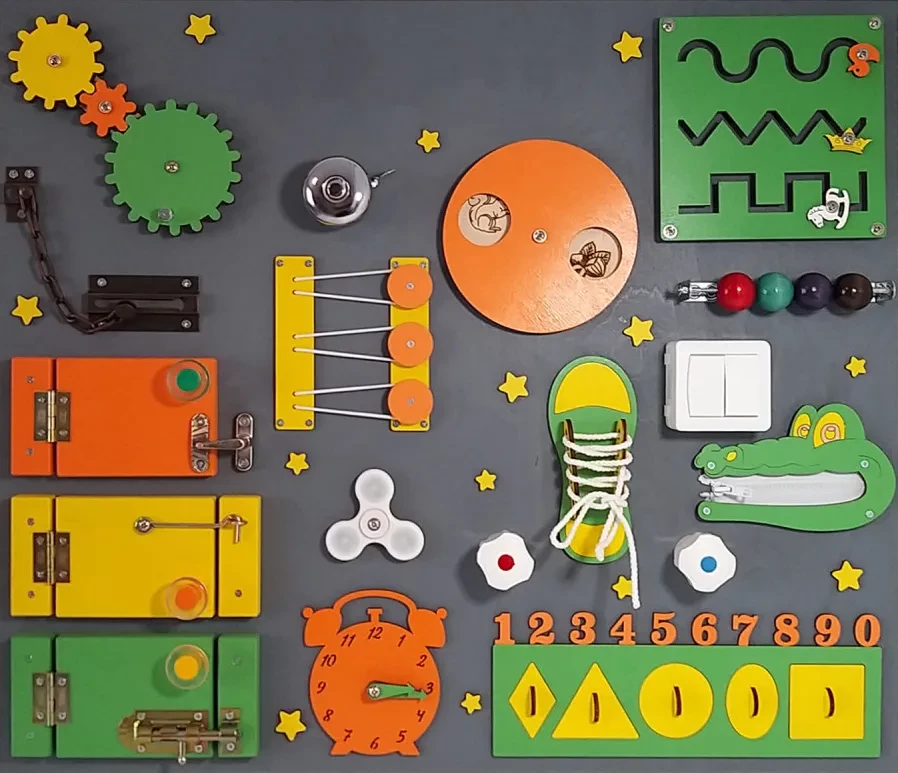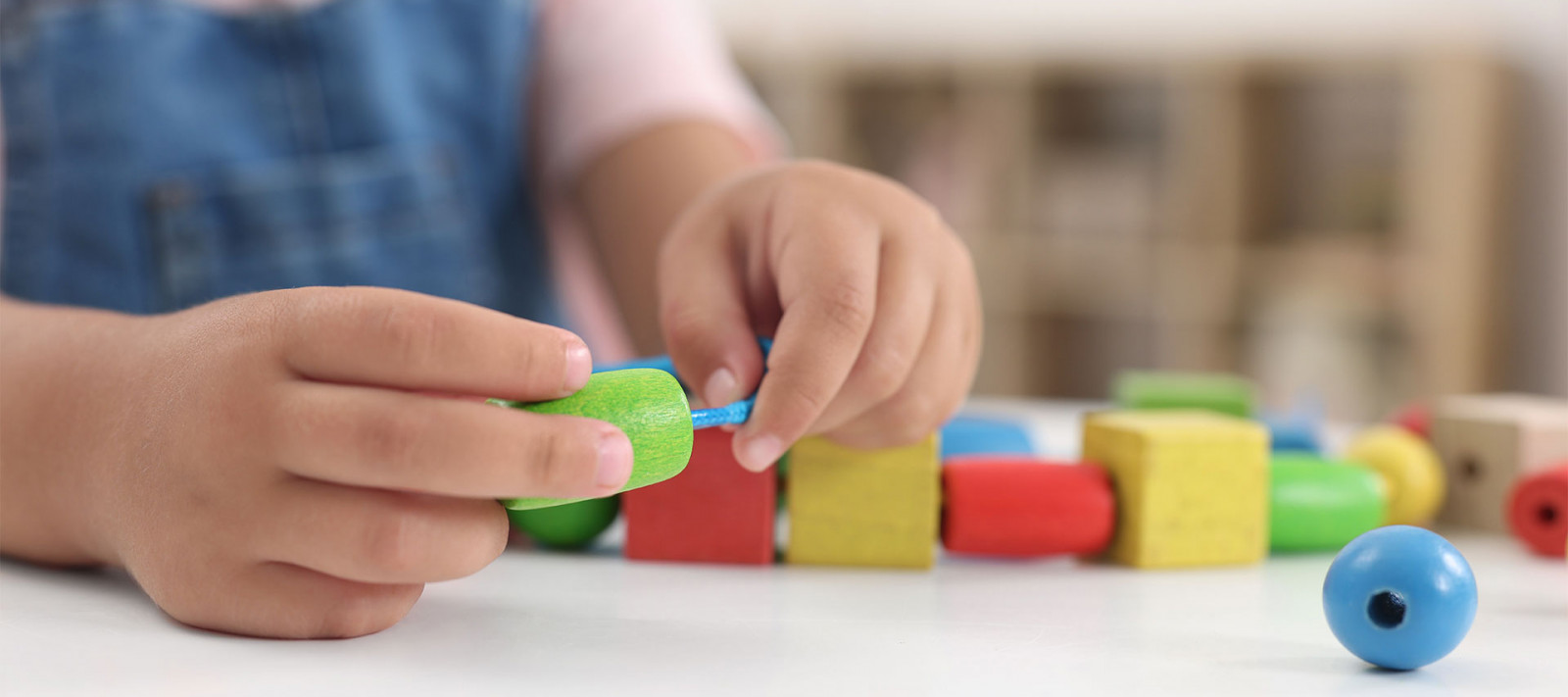Sub total: 0.00 BGN (0.00 €)
What is fine motor skills?
Fine motor skills cover all those precise movements that a child makes with his hands, fingers and wrists. At first glance - small gestures, but in fact - a huge step towards independence. Imagine a child grasping a pencil for the first time, zipping up a zipper, or flipping through the pages of a book independently. This is the result of very subtle and gradual development of small muscle groups associated with the control and coordination of movements.
Why is the development of fine motor skills so important?
The first three years of a child's life are a real window of opportunity. It is during this period that children's brains develop at an amazing rate. Hand and finger movements activate important areas in the brain responsible for speech, thinking and concentration.
Research shows that about one-third of motor projection in the cerebral cortex is devoted to the hands, highlighting the importance of these skills to a child's overall development. This means that the more a child uses their hands for different activities at this age, the better their brain connections are built.
What can happen with underdevelopment of fine motor skills?
Neglecting fine motor development at the age of 1 to 3 years can lead to difficulties with feeding, writing and even speaking later on. Underdeveloped fine motor skills also often lead to problems with concentration and organization. The child may have difficulty in holding attention and in completing tasks of varying complexity.
As a result, children may feel insecure or isolated in a group because they are different and do not cope as well with these activities as other children. It is therefore important that parents encourage children's fine motor skills from an early age through appropriate games and activities in a safe and fun environment.
Stages of fine motor development 1-3 years
1-2 years:
- Grasping and moving objects from one hand to another;
- Attempting to draw with crayons or pencils;
- Eating independently with a spoon or hand;
- Building towers with cubes;
- Flipping pages in a book;
- Grasping and peeling pieces of paper from different surfaces, etc.
2-3 years:
- Pouring water or sand from container to container;
- Stringing beads or large shapes on string;
- Cutting with children's scissors;
- Drawing simple shapes on a piece of paper;
- Unbuttoning and fastening buttons and zippers, etc.
Toys and activities for fine motor development
The right toys and games can do wonders for young children's fine motor skills. These are the ones that can help develop the connections in the brain and prevent a child from delaying academic development.

Suitable toys:
- Wooden puzzles with large pieces;
- Stringing and sorting toys;
- Shape and color sorters;
- Constructors with large pieces;
- Busy board play;
- Toys with opening doors, knobs and gears.
Appropriate activities:
- Finger or brush painting;
- Playing with plasticine or modeling dough;
- Arranging objects by color or shape;
- Fitting puzzle pieces into the blanks;
- Pouring water with cups or spoons;
- Unbuttoning and fastening buttons and opening and closing zippers.
It is particularly important that all these games and activities are varied and adapted to the age and ability of the child. This way, he or she will enjoy playing without feeling pressured or that he or she is not keeping up.
Why is the busy board among the best solutions?
A busy board combines multiple fine motor development elements in just one toy. It allows the child to experiment, discover, try and have fun. Every detail, from the zipper and ties to the buttons and latches, plays a role in developing coordination skills, logical thinking and independence.
The role of parents in the process
There is no more important role in a child's development than that of the parent. You are the first example, the first teacher and the first person who believes in his or her capabilities. When it comes to fine motor development, your patience, support and attention are invaluable.
Don't expect everything to happen the first time. Allow your child to experiment, make mistakes and try again without fear. It is in these moments that he develops confidence, perseverance and skills that last a lifetime. Be there for him, explain everything and encourage him. Show him that you are there when he needs you.
Create the right environment at home - leave objects within reach for your child to exercise his fingers and hands. Puzzles, stringing beads, sorting games, wooden toys and of course - a binky - all actively stimulate little muscles and develop coordination.
And don't forget - for a child, every task is an adventure, every button is a challenge, and every smile after success is a priceless reward. And your role is to be the best guide in this adventure. To provide him with the right games, the right environment and most importantly - love and patience.
Do you want your child to develop important skills while having fun? Take a look at our handmade binky boards and wooden toys at Little Fingers- designed with your child and their development in mind.




